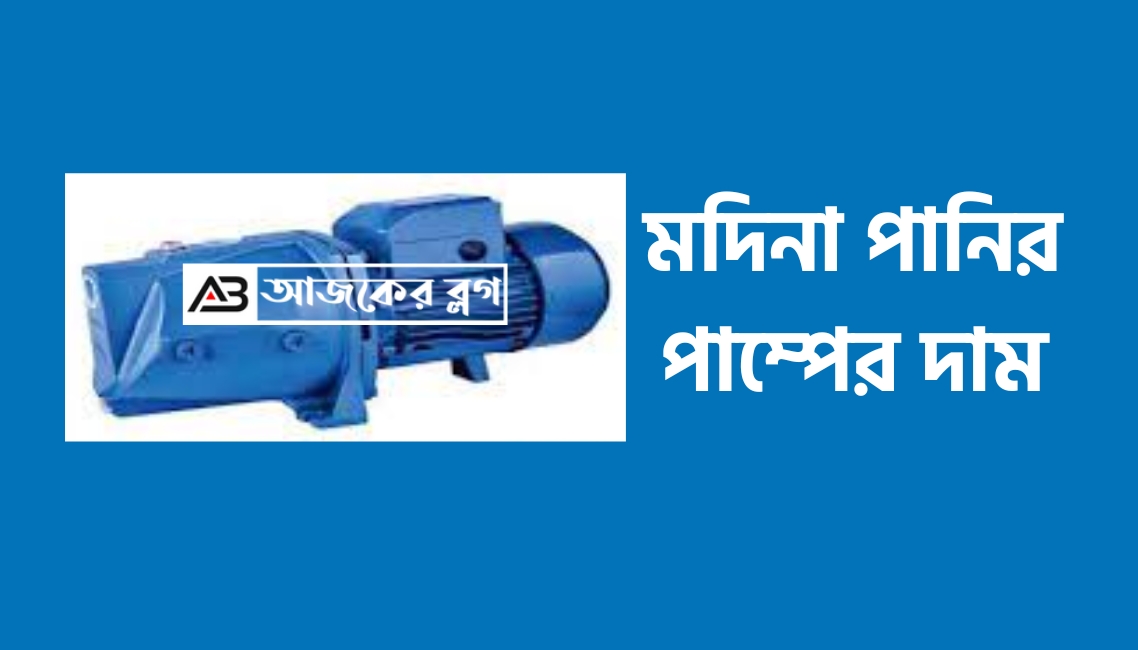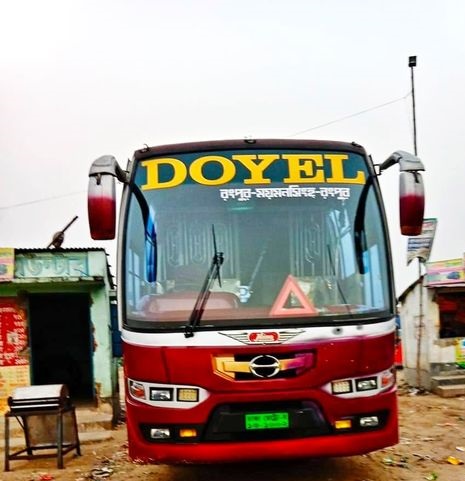What is Blogger and How to Become Blogger
As a virtual assistant, I've had the pleasure of working with bloggers from various niches, and I can tell you that blogging is not just a hobby or a pastime.

What is a blogger?
Let's start by defining what a blogger is. A blogger is a person who writes and publishes blog posts on a blog. Simple, right? But, what is a blog? A blog, short for "weblog," is a website or a portion of a website that features regularly updated content in the form of blog posts.
Blog posts can be written in various formats, such as text, images, videos, podcasts, or a combination of these. Bloggers can write about any topic they're interested in, from personal experiences to professional expertise, from hobbies to passions, from news to opinions.
In short, bloggers are content creators who use their writing skills and their passion for a particular topic to share their knowledge and engage with their audience.
The history of blogging
Blogging has come a long way since the first blog was created in 1994 by Justin Hall, a student at Swarthmore College in Pennsylvania. Hall's blog, called "Links.net," was a collection of his personal thoughts, links to interesting websites, and photos. At that time, blogging was more of a personal journaling tool than a publishing platform.
However, in the early 2000s, blogging became more mainstream, and platforms like Blogger, WordPress, and TypePad made it easier for anyone to create a blog. Blogging evolved into a form of journalism, activism, and marketing. Today, there are over 600 million blogs on the internet, covering every topic imaginable.
Types of bloggers
There are as many types of bloggers as there are topics to write about. Some bloggers write for fun, while others write for profit. Here are some common types of bloggers:
- Personal bloggers: They write about their personal experiences, thoughts, and feelings.
- Professional bloggers: They write about their expertise in a particular field, such as marketing, finance, or technology.
- Niche bloggers: They write about a specific topic, such as food, fitness, fashion, or travel.
- News bloggers: They write about current events, politics, or breaking news.
- Corporate bloggers: They write on behalf of a company or a brand to promote their products or services.
- Mommy bloggers: They write about parenting, family, and lifestyle.
- Vloggers: They create video content instead of written content.
Why become a blogger?
Now that you know what a blogger is and the different types of bloggers, you might be wondering why become a blogger in the first place. Here are some reasons why:
- To share your passion: Blogging allows you to express your creativity and share your interests with like-minded people.
- To establish yourself as an expert: Blogging can help you showcase your knowledge and skills in a particular field and build your credibility.
- To connect with others: Blogging can help you connect with people from all over the world who share your interests and engage with your audience.
- To make money: Blogging can be a profitable business, and you can monetize your blog through various methods, such as ads, sponsored content, and affiliate marketing.
How to become a blogger: Steps to get started
Now that you know why become a blogger let's dive into how to become a blogger. Here are the steps you need to follow to start your blogging journey:
Step 1: Choosing your niche and defining your target audience
The first step in becoming a blogger is choosing your niche and defining your target audience. Your niche is the topic you want to write about, while your target audience is the group of people you want to reach with your blog.
To choose your niche, you need to consider your interests, expertise, and audience demand. You can use tools like Google Trends, Buzzsumo, or Reddit to find popular topics in your niche and see what people are talking about.
To define your target audience, you need to consider their demographics, interests, pain points, and goals. You can use tools like Google Analytics or Social Mention to analyze your audience's behavior and preferences.
Step 2: Setting up your blog: Hosting, domain, and design
The second step in becoming a blogger is setting up your blog. To do this, you need to choose a hosting provider, a domain name, and a design. Your hosting provider is the company that will host your blog on their servers. Your domain name is the address of your blog, such as www.yourblogname.com.
Your design is the layout and appearance of your blog, including your logo, colors, fonts, and images. You can use platforms like WordPress, Blogger, or Squarespace to set up your blog and customize your design. You can also use plugins and themes to add functionality and style to your blog.
Step 3: Creating blog content: Tips and best practices
The third step in becoming a blogger is creating blog content. To do this, you need to write high-quality blog posts that are informative, engaging, and valuable to your audience. Here are some tips and best practices for creating blog content:
- Write catchy headlines: Your headline is the first thing your audience will see, so make it attention-grabbing and relevant to your topic.
- Use subheadings: Subheadings break up your content and make it easier to read and skim.
- Write in a conversational tone: Write as if you're talking to a friend, not a robot. Use simple language, avoid jargon, and be authentic.
- Use images and videos: Visual content can enhance your blog post and make it more engaging. Use high-quality images and videos that are relevant to your topic.
- Optimize your content for SEO: SEO, or search engine optimization, is the process of optimizing your content for search engines like Google. Use keywords, meta tags, and internal linking to improve your visibility and ranking on search engines.
Step 4: Growing your blog: SEO, social media, and outreach
The fourth step in becoming a blogger is growing your blog. To do this, you need to promote your blog and attract more traffic and engagement. Here are some strategies for growing your blog:
- Use SEO: As mentioned earlier, use SEO to optimize your content for search engines and improve your visibility.
- Use social media: Use social media platforms like Facebook, Twitter, Instagram, and LinkedIn to promote your blog and share your content with your audience.
- Use email marketing: Use email marketing to build your email list and send newsletters and updates to your subscribers.
- Use outreach: Use outreach to reach out to other bloggers, influencers, and websites in your niche and collaborate with them, guest post, or link building.
Step 5: Monetizing your blog: Ads, sponsored content, and affiliate marketing
The fifth and final step in becoming a blogger is monetizing your blog. To do this, you need to make money from your blog through various methods, such as ads, sponsored content, and affiliate marketing. Here are some ways to monetize your blog:
- Use ads: Use platforms like Google AdSense, MediaVine, or AdThrive to display ads on your blog and earn money from clicks or impressions.
- Use sponsored content: Work with brands and companies to create sponsored content that promotes their products or services and earns you money.
- Use affiliate marketing: Use affiliate marketing to promote other people's products and earn a commission for every sale or referral you generate.
Tools and resources for bloggers
As a blogger, you need access to various tools and resources to create, promote, and monetize your blog. Here are some essential tools and resources for bloggers:
- Content creation tools: Tools like Grammarly, Hemingway, or Google Docs can help you write and edit your blog posts.
- Design tools: Tools like Canva, PicMonkey, or Adobe Creative Suite can help you create graphics, images, and videos for your blog.
- SEO tools: Tools like SEMrush, Ahrefs, or Google Analytics can help you analyze your SEO performance and improve your ranking.
- Social media tools: Tools like Hootsuite, Buffer, or Sprout Social can help you manage your social media accounts and schedule your posts.
- Monetization tools: Platforms like Google AdSense, MediaVine, or Amazon Associates can help you monetize your blog and earn money from your content.
Common mistakes to avoid as a blogger
As a blogger, there are some common mistakes you should avoid to ensure the success of your blog. Here are some mistakes to watch out for:
- Not defining your niche and target audience: Without a clear niche and target audience, your blog might lack focus and appeal to everyone and no one at the same time.
- Not using SEO: Without SEO, your blog might not show up on search engines and might not reach your target audience.
- Not promoting your blog: Without promotion, your blog might not attract enough traffic and engagement to be successful.
- Not being authentic: Without authenticity, your blog might not connect with your audience and might not build trust and credibility.
- Not being consistent: Without consistency, your blog might not build momentum and might lose its audience over time.
Conclusion: The future of blogging
Blogging has come a long way since its early days, and it's still evolving. With the rise of social media, video content, and voice assistants, blogging is facing new challenges and opportunities.
However, one thing is for sure: blogging is here to stay. As a blogger, you have the power to create, inspire, and connect with people from all over the world. So, what are you waiting for? Start your blogging journey today, and let me know how it goes.
CTA:
If you need help with your blog, feel free to contact me, and I'll be happy to assist you.
Tag:
What is Blogger and How to Become Bloging how to start a blog and make money blogging for beginners what is blogging how to start a blog for free how to create a blog for free and make money blog examples blogging platforms how to write a blog
blogger blog
blogger vs wordpress



![Mymensingh To Rangpur Bus Schedule & Ticket Price [ Update 2025 ] ময়মনসিংহ টু রংপুর বাস সার্ভিস](https://blogger.googleusercontent.com/img/b/R29vZ2xl/AVvXsEhP9HLQHv4qu32bTwM7F3G4TuMPc5Su71USeCxGcyWkedMi_ad6JQY8ngm9j3knOYhn35jehYIHIkZQ6fNQmCFAqAj7fhD3-AcZSkypLUvwlgC5W3mX5iWEe9Ni752tI45Ia79G-E--1tGGmCerkQvy3wSjjS286RAMtGGhOMhkGWOTIGcBu2bQWUUf1rTo/w640-h366/Mymensingh%20to%20Rangpur%20Bus.jpg)

